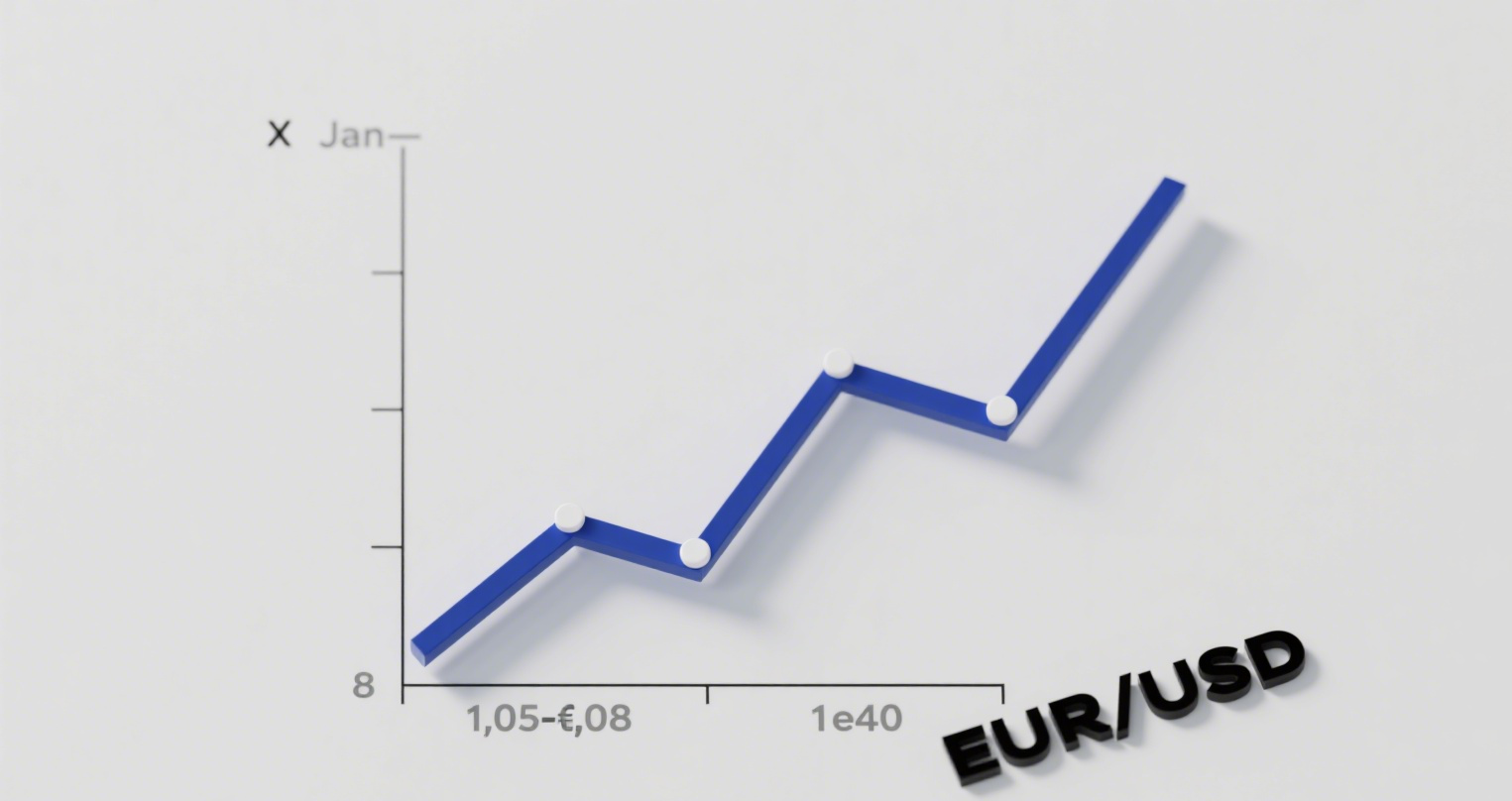
Will Trump Choose the Most Loyal Hassett?
Kevin Hassett, 63, previously worked at the conservative think tank American Enterprise Institute and served as an economic advisor for Republican candidates John McCain and George W. Bush during the 2000, 2004, and 2008 campaigns.
During Trump's first term, he served as Senior Advisor and Chair of the Council of Economic Advisers from 2017 to 2019. During the COVID-19 outbreak in 2020, he was responsible for the government's response to the pandemic, developing policies from an economic perspective. After Trump's return to the White House this year, he was appointed Director of the National Economic Council.
When asked who the president would choose from the 11 candidates currently under consideration, economists believe Hassett is firmly in the lead. Federal Reserve Governor Christopher Waller and former Governor Kevin Warsh follow closely behind.
However, when asked who the president "should" choose, economists believe Warsh is the best candidate, followed by Waller and former St. Louis Fed President James Bullard. Hassett ranks only fourth, while Fed Vice Chair for Supervision Michelle Bowman ranks fifth, after Hassett.
Richard Steinberg, Senior Global Market Strategist at Focus Partners Wealth, said: "I think Trump's familiarity with (Hassett's) work during the pandemic makes him the top candidate in Trump's mind. Trump will appreciate and reward his loyalty."
"Loyalty" may indeed be one of Hassett's characteristics. He has consistently firmly defended Trump's views and statements. For example, two weeks ago, after Trump fired the head of the U.S. Bureau of Labor Statistics due to poor non-farm payroll data, Hassett firmly supported Trump's statements in a public interview and, without providing any actual data, accused the U.S. Bureau of Labor Statistics of "definitely fabricating the data."
"Low-interest-rate policies for political reasons—this is a very strong view and stance of the Trump administration—if the market sees this as a government takeover of the Fed, it would be a macroeconomic risk," Sinai stated.
















